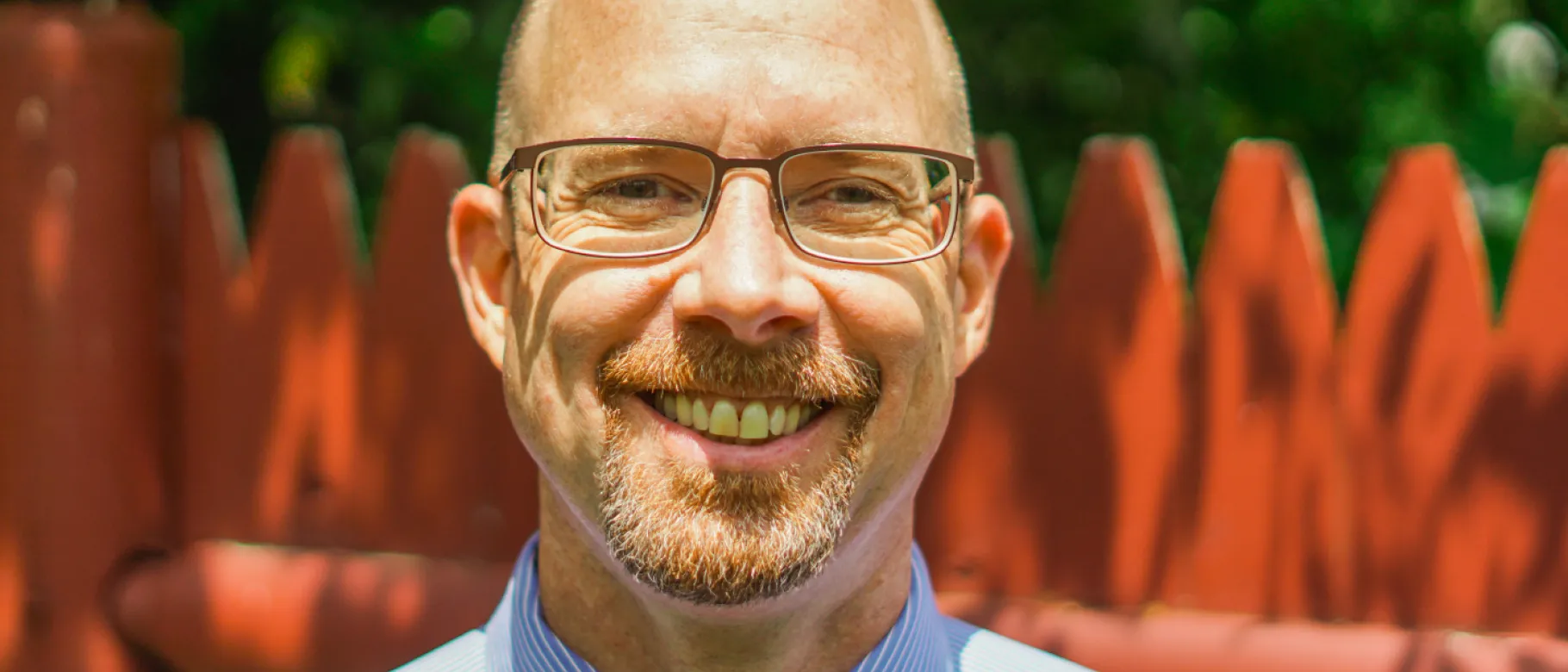Marc Ebenfield to become director of Center for Excellence in Teaching and Learning

The University of New England is pleased to announce that Marc Ebenfield, Ph.D., M.S., has been selected as the new director for the Center for Excellence in Teaching and Learning (CETL). He comes to UNE from Salem State University, where he has served as the director of the Center for Teaching Innovation since 2006.
Ebenfield has extensive experience in the implementation of high-impact practices, assessment, and the scholarship of teaching and learning. He previously held positions as the lead instructional technologist at the Bristol-Myers Squibb Center for Science Teaching and Learning at Rider University (2002-2006) and as director of the Language Lab at Bryn Mawr College (1997-2001). He is the current president of the New England Faculty Development Consortium, a private organization that provides resources and faculty development events for institutions both public and private across New England.
“With a Ph.D. in Russian language and literature and an M.S. in the instructional design of online learning, Dr. Ebenfield has taught online, hybrid and face-to-face courses at both the undergraduate and graduate levels,” said UNE Provost and Senior Vice President for Academic Affairs Joshua Hamilton. “His wealth of knowledge and experience will be a tremendous asset to the CETL, as well as to the University as a whole.”
Ebenfield is the recipient of several impressive grants, including one from the Davis Educational Foundation to implement faculty learning communities in pursuit of increasing the use of active learning techniques and connecting faculty across disciplines. A second grant provided funding for faculty teams to use research on teaching and learning to redesign all sections of courses with high failure and withdrawal rates. He has also been awarded two grants from the Massachusetts Americorps VISTA program to infuse civic engagement projects into higher education and increase access to higher education for less represented students. In addition, he served as co-PI of a NJ High-Tech Workforce Excellence Grant for imbuing introductory STEM courses with inquiry-based instruction.